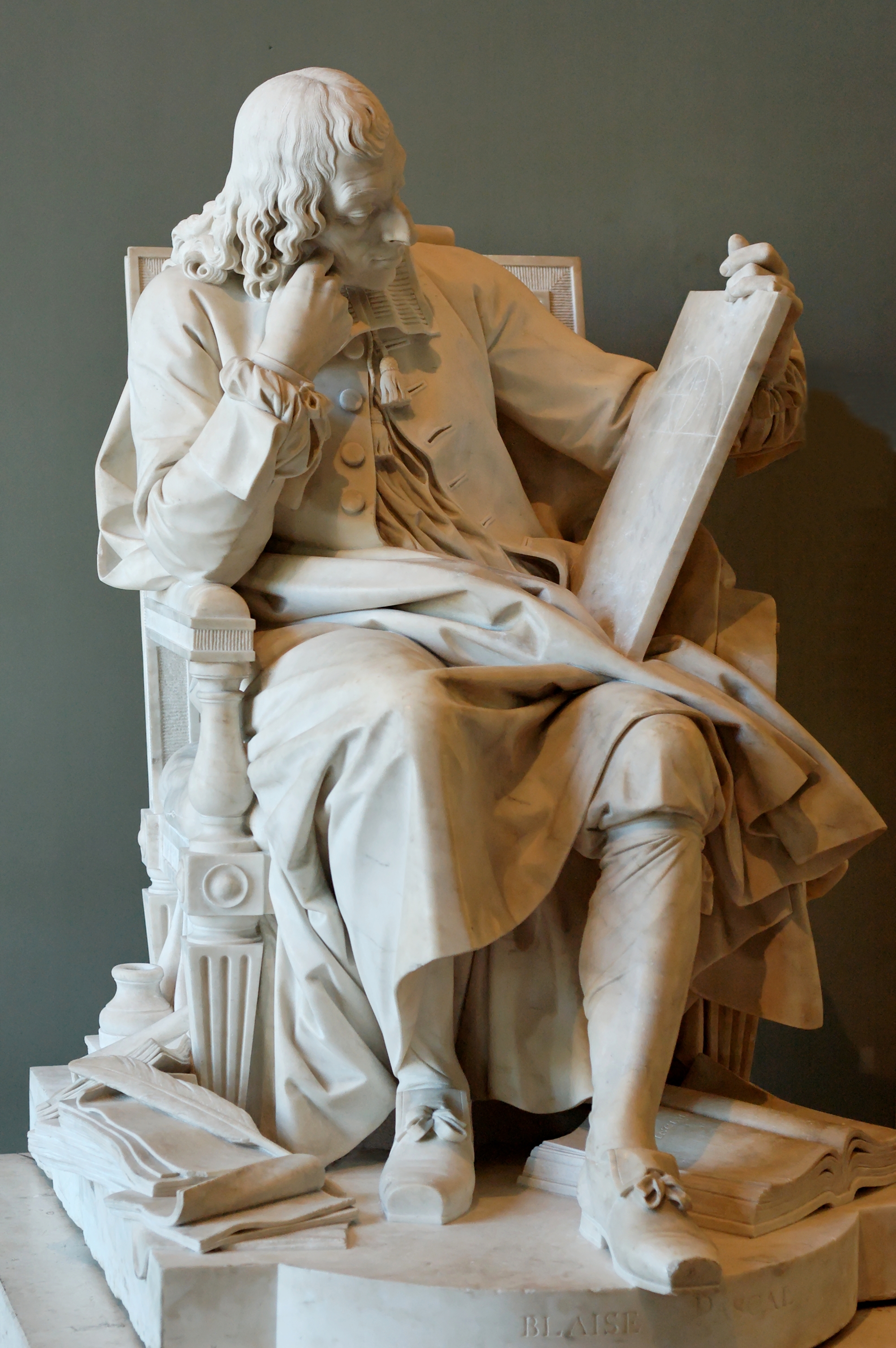[youtube=http://www.youtube.com/watch?v=nRMiRFJzIKA]
Thanks to Christopher Heard of Higgaion for posting on this.
unto the throne of grace


[youtube=http://www.youtube.com/watch?v=nRMiRFJzIKA]
Thanks to Christopher Heard of Higgaion for posting on this.

Of course, liberals don’t want to listen to the criticism. It’s far too easy to retort ‘Pharisee’ than begin the painful task of removing the English oak rafters from our eyes. From bishops to Sunday school teachers, convenient claptrap is peddled because it’s easy to digest. They are the fast food snacks of theology: McDoctrine. It’s a McDoctrine to explain away difficult gospel passages by saying that Jesus didn’t really mean what he said, as is introducing a discussion on church teamwork by describing the Trinity as Team. These things are superficial in that they have no place in the Christian tradition, biblical interpretation or rational understanding. Saying that God’s love is your first and last principle is good and right, but the theological imperative from this is not one to cosy niceness. Continue reading “Doing liberal theology well”


The latest introit setting that is being used in the church of my dreams is the track The Lord from The Pepper Pills Big Band’s album DJ Killer. For all those who wish to try it out, it is available as a free download from All About Jazz, if you sign up for free. Its jazz-dance rhythms and regular refrain ‘Praise the Lord!’ make it perfect for swinging thuribles and tassels down the aisle!

 On this day in 1992 the General Synod of the Church of England voted in favour of ordaining women to the priesthood. The vote was decisive, yet the decision did not put a stop to the infighting. This was no armistice, and like St Martin’s cloak we remain riven in twain.
On this day in 1992 the General Synod of the Church of England voted in favour of ordaining women to the priesthood. The vote was decisive, yet the decision did not put a stop to the infighting. This was no armistice, and like St Martin’s cloak we remain riven in twain.
Seventeen years on, the General Synod has taken the inevitable vote in favour of consecrating women bishops, yet the revision committee is in breach of the trust of the synod and the wider church by backtracking. Continue reading “Seventeen years of women in the priesthood”

 I’ve just written my sermon for tomorrow morning, Remembrance Sunday, and I’d like to share with you some thoughts that moved and inspired me.
I’ve just written my sermon for tomorrow morning, Remembrance Sunday, and I’d like to share with you some thoughts that moved and inspired me.
Leonard Wilson was Bishop of Singapore during the Second World War, he became a prisoner of war and was tortured. He was later Bishop of Birmingham. He recommended three thoughts for us all to carry in our hearts on Remembrance Sunday, and I commend them to you now.


I find the various philosophical arguments for the existence of God intriguing speculations rather than cast-iron proofs. However, in Pascal’s Pensées there appears one compelling argument that ditches the speculation and goes for a straight, honest wager. It goes like this


Personal experience must be at the heart of religious faith. One bad experience made me theologize that the efficacy of the eucharistic Sacrament is in the eating and drinking, leaving benediction high and dry from sacramental grace. I think this is the mainstream Protestant view of benediction. However, my recent experience, on the other side of the humeral veil, put me back in touch with my first, positive experience of benediction. Continue reading “Benediction”

On this day in AD 312, Constantine defeated Maxentius in the Battle of Milvian Bridge, near Rome. Constantine certainly thought his victory, against the odds, to be due to divine intervention. At some point it became clear that the divinity involved was the God of the Christians. It is unclear whether the divine intervention was interpreted as Christian from the outset, , not, when it became considered Christian. Constantine and Maxentius were rival claimants to be emperor of the western half of the Roman empire, an empire still very much attached to the ancient Roman religion. Continue reading “Two Christendom anniversaries”

 Yesterday’s Gospel was Mark’s pericope of Bartimaeus, the blind beggar of Jericho (Mk 10.46–52; synoptic parallels Mt 9.27–31, 20.29–34, Lk 18.35–43). It struck me that passing characters in the gospels, especially recipients of healing, are anonymous (Luke’s version does not name the blind man, and Matthew makes him two anonymous men). Most of us treat ‘Bartimaeus’ as a straightforward name, but I think it’s unusual for a couple of reasons.
Yesterday’s Gospel was Mark’s pericope of Bartimaeus, the blind beggar of Jericho (Mk 10.46–52; synoptic parallels Mt 9.27–31, 20.29–34, Lk 18.35–43). It struck me that passing characters in the gospels, especially recipients of healing, are anonymous (Luke’s version does not name the blind man, and Matthew makes him two anonymous men). Most of us treat ‘Bartimaeus’ as a straightforward name, but I think it’s unusual for a couple of reasons.
He is introduced as “Bartimaeus, son of Timaeus” (ὁ υἱὸς Τιμαίου Βαρτιμαῖος, ho huiòs Timaíou Bartimaîos). This is often read as if Bartimaeus is his name, and his father is Timaeus. However, the simple fact that ‘bar’ is the Aramaic for ‘son of’ suggests that ‘son of Timaeus’ is the partial translation of ‘Bartimaeus’. It’s always interesting to see what the Syriac Peshitta does with such translations of Aramaic, seeing as there is usually no need for a gloss on Aramaic (Syriac being a variety of Aramaic). The Peshitta translates the name as ܛܝܡܝ ܒܪ ܛܝܡܝ (Ṭimai bar Ṭimai). Although this suggests once again a proper name ‘Timai bar Timai’, this still does not make a great deal of sense.